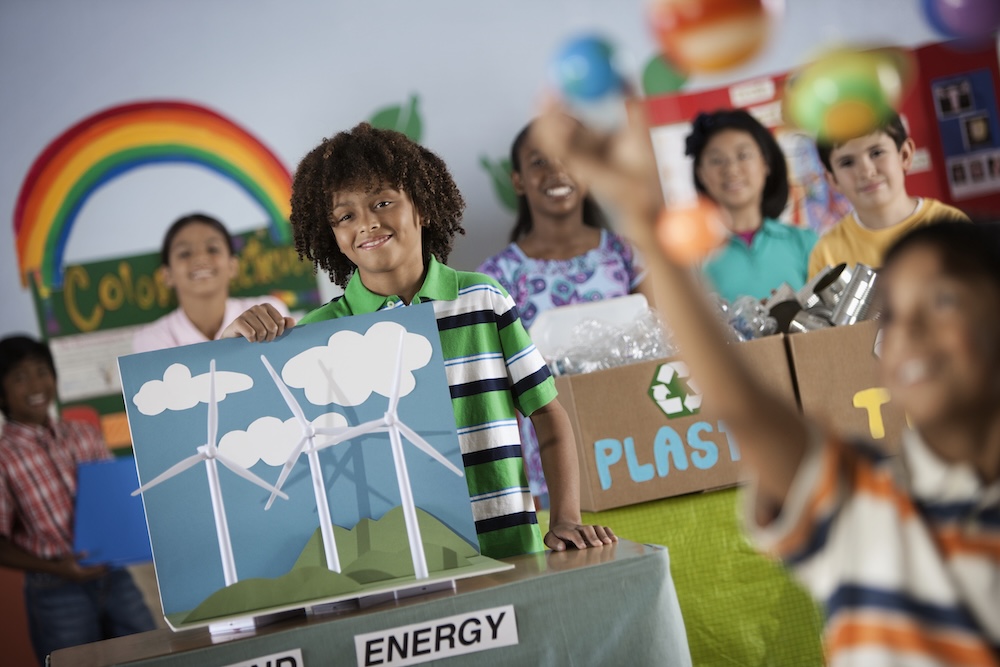Parenting today comes with unique challenges—and unique opportunities. Technology, busy schedules, and social pressures can complicate family life, but they also provide tools to connect, learn, and grow. For many parents, one of the most important goals is not just raising healthy, happy kids, but raising sustainably minded children who understand their place in the world and the impact of their choices.
In this post, we’ll explore the challenges of parenting in the modern age, the importance of finding support, and how to share your experience in ways that nurture both your family and the planet.
The Challenges of Parenting in the Modern Age
Social media and technology can be double-edged swords. They offer endless access to resources, yet also overwhelm parents with conflicting advice and create pressure to “do it all.” Balancing screen time with outdoor time, consumer-driven culture with conscious living, and convenience with responsibility can feel daunting.
Another layer of challenge is sustainability itself. Children are growing up in a world where climate change, plastic pollution, and biodiversity loss are daily realities. Many parents feel the weight of teaching children to care for the planet while protecting them from fear or hopelessness.
Awareness tip: It’s helpful to reframe sustainability as empowerment rather than restriction. Small acts—like learning to compost, growing herbs in a windowsill, or repairing toys instead of replacing them—show children that their choices matter and ripple outward.
The Importance of Finding Support
Parenting sustainably doesn’t have to mean going it alone. Communities—both local and digital—can provide encouragement, resources, and practical solutions.
- Support groups can connect you with other families committed to eco-conscious living, from zero waste parenting groups to sustainable homeschooling circles.
- Online communities and apps can be lifelines. Platforms like Peanut connect like-minded parents, while sustainability-focused parenting forums allow you to exchange ideas about everything from eco-friendly baby products to teaching kids about climate change.
- Workshops and classes—such as those offered by The Calm Parenting School or local environmental centers—can provide new strategies for managing stress and weaving sustainability into family routines.
Finding support helps parents feel less isolated and shows children that living sustainably is part of a wider movement, not just something “mom or dad insists on.”
Sharing Your Parenting Experience
Sharing your journey—online, in community groups, or even with friends—builds a culture of learning and encouragement. Parents who speak honestly about both the challenges and joys of raising sustainably minded kids help normalize the effort and inspire others.
Consideration: Share in a balanced way. Highlight real struggles (like the difficulty of finding affordable, non-toxic products) alongside creative solutions (like toy swaps, clothing exchanges, or DIY crafts from upcycled materials). This makes your voice relatable, while showing children that transparency and problem-solving are part of responsible living.
Strategies for Raising Sustainably Minded Children
- Model the values you want to teach. Kids learn more from what you do than what you say. Show them how you reuse, repair, and recycle.
- Start small and make it fun. Turn off lights together, plant seeds in jars, or let children decorate reusable bags.
- Connect actions with impact. Explain why it matters—less waste, cleaner air, healthier wildlife—so kids can see the ripple effect of small choices.
- Prioritize nature time. Unstructured play outdoors fosters a natural connection with the environment that no lecture can match.
- Balance modern tools with mindful practices. Use technology to research sustainable habits, but make room for family rituals—like shared meals or storytime—that build connection offline.
Final Thoughts
Parenting in the modern age means raising children who are not only resilient in the face of digital distractions and social pressures but also conscious of their role in shaping a sustainable future. Support and community are essential, as is sharing your journey with honesty and hope.
Every small act—whether teaching a child to recycle, spending time in nature, or choosing to repair rather than replace—creates ripples. Those ripples grow into habits, values, and eventually, a worldview that can help the next generation lead with responsibility and compassion.
By finding support, sharing experiences, and modeling sustainable choices, parents today can equip children with the tools to thrive—and to care for the planet we all share.









Reader Interactions